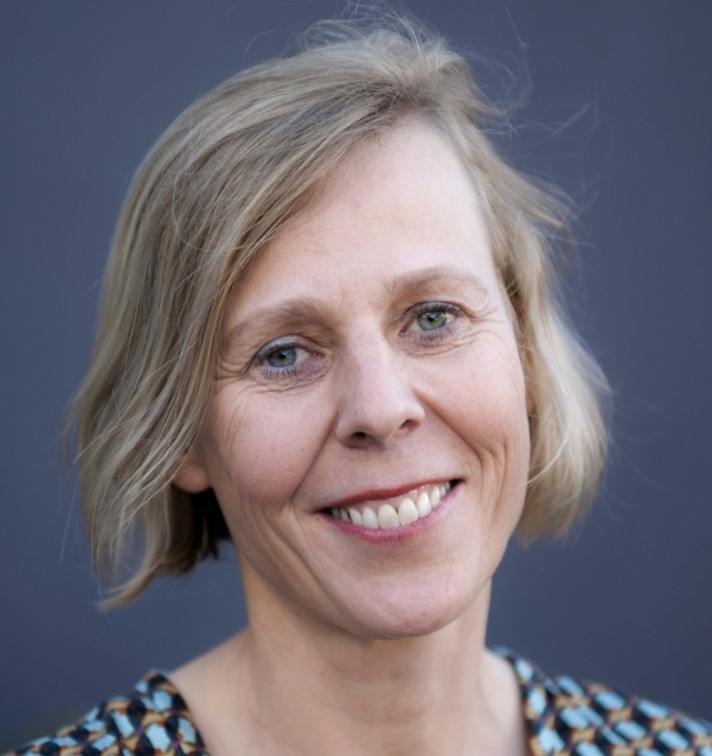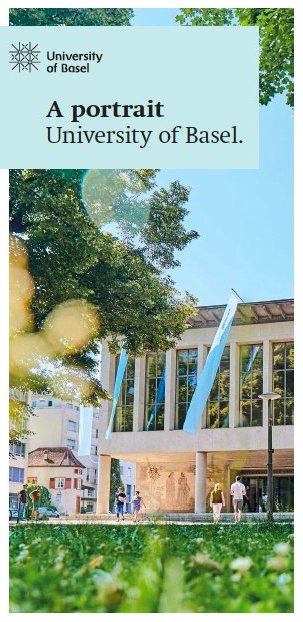
Fourth Basel Sustainability Forum: Health
3 June 2019, Basel, Switzerland
SDGs, Sustainable Development, Agenda 2030, Tropical Health, Health, Zero Hunger, Clean Water, Wellbeing
- Event Details
-
- Welcome from the Chairs
- Conference Presentations
- Event Gallery
- Program and Schedule
- Travel & Registration Information
- Save the Date: The 8th World Sustainability Forum - 14.-19. September 2020 - Geneva, Switzerland
- BSF2019 Blog
- Conference Venue
- Restaurants for Lunch
- WLAN-access seminar rooms
- Sponsors and Partners
- Conference Poster
Welcome from the Chairs
The UN SDGs are interdependent. Some goals serve as preconditions for healthy lives, and others are consequences thereof. Precursors are, for example, UN SDG 2 (End hunger, achieve food security, improve nutrition, and promote sustainable agriculture), UN SDG 5 (Achieve gender equality and empower all women and girls), UN SDG 6 (Ensure access to water and sanitation for all), UN SDG 7 (Ensure access to affordable, reliable, sustainable and modern energy for all), and UN SDG 13 (Take urgent action to combat climate change and its impacts). Goals affected by health are, for example, UN SDG 8 (Promote inclusive and sustainable economic growth, employment and decent work for all). Some goals are both preconditions and consequences of health, such as UN SDG 1 (End poverty in all its forms everywhere). Poverty reduction is associated with better health and nutrition, which in turn has an effect on poverty reduction.
According to the OECD, the per capita health expenditure in 2015 (PPP) was US$9451 for the US, US$6935 for Switzerland, US$731 for China, and US$267 for India. Despite considerable variations in expenditures, all countries are struggling to maintain health care coverage in the face of rising costs, evolution of health care demands by the population, and changing demographics.
Health care is a central pillar of economic development, social welfare, and environmental management, and it is equally important to the most and least developed economies. Accordingly, health and sustainability are interdependent in at least two ways: the first relates to the reciprocal relationship between health and sustainability, the second to the sustainability of health and health care.
The Basel Sustainability Forum 2019 will focus on local and global issues associated with sustainability and health. It will explore different positions from health research, health policy, and the health business sector, and how these positions contribute or are obstacles to the sustainability of health and health care as a pillar of societal sustainability.
Chairs of the 4th Basel Sustainability Forum
When: 3 June 2019, 08:30-17:00
The event is free but participants need to register here.
Places are limited and we are unable to accommodate unregistered guests, once we reach the limit imposed by the conference venue.
The Basel Sustainability Forum is a Swiss local offshot of the World Sustainability Forum.
The conference language is English.
Other edition in this series: 1st Basel Sustainability Forum: Energy and 2nd Basel Sustainabilty Forum: Mobility and 3rd Basel Sustainabilty Forum: Climate
Conference Chairs
Hans-Florian Zeilhofer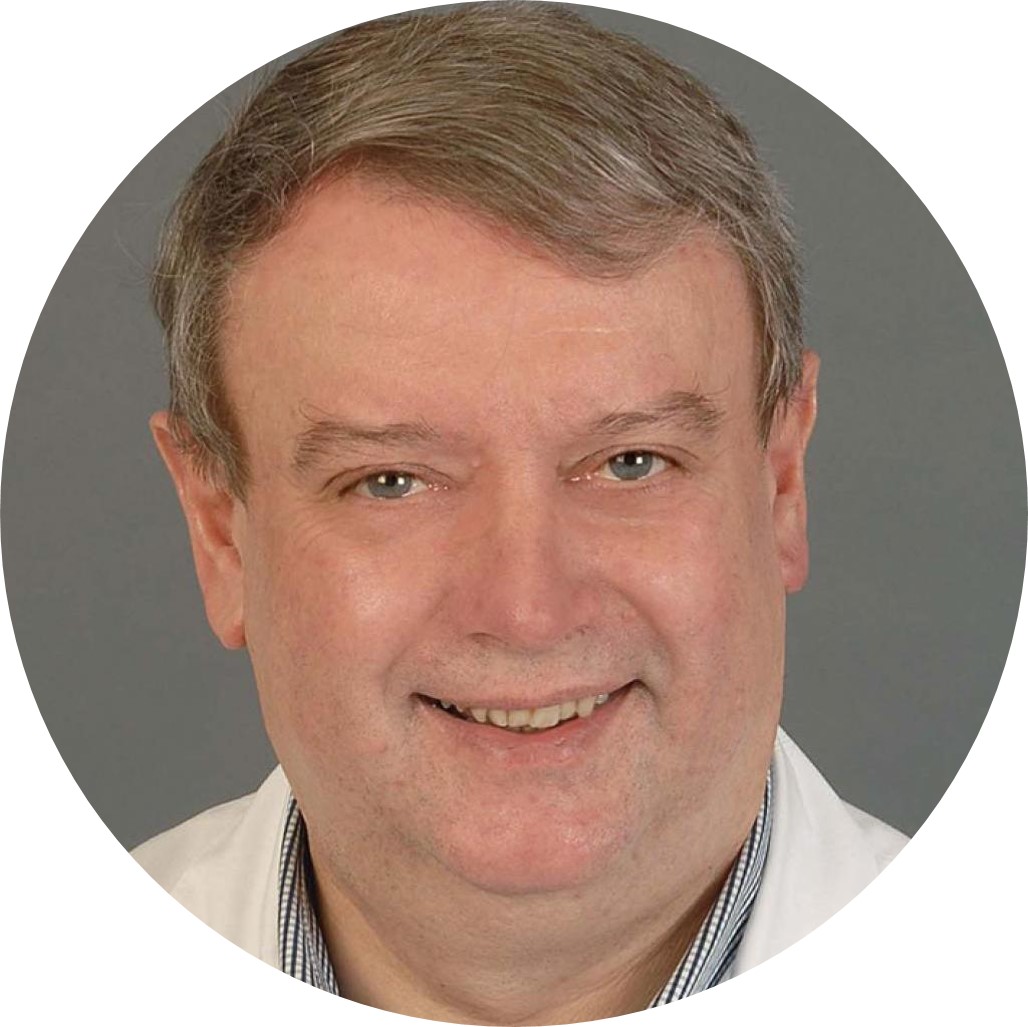
Professor, Associate Vice President Innovation, University of Basel and Senior Consultant, Head of Research in mouth-, jaw- and face surgery, University Hospital of Basel, Switzerland
Max Bergman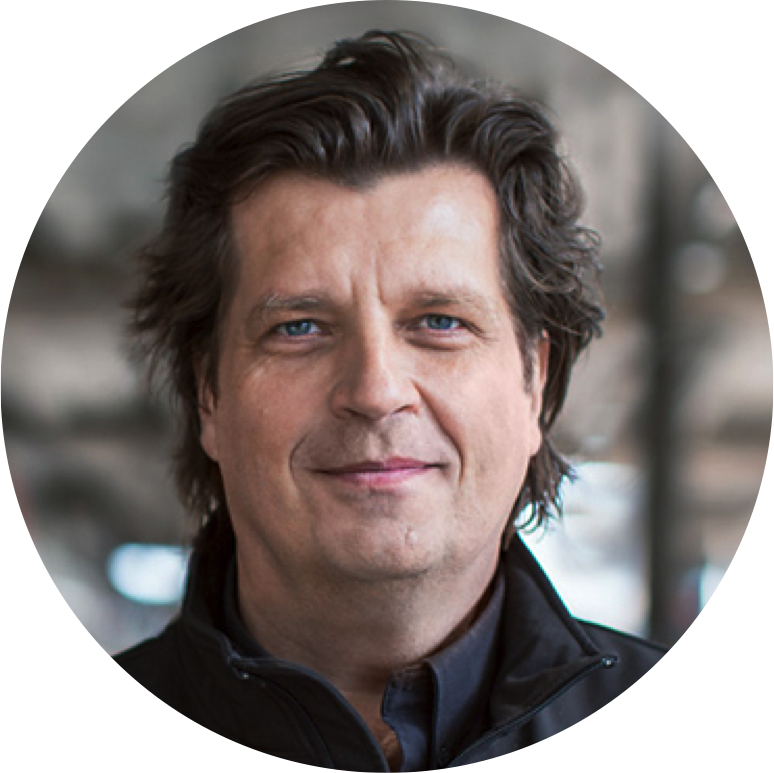
Professor of Social Research and Methodology, University of Basel, Switzerland
Kick-off BSF2019
Youth for Climate and Health
Conference Opening
Lukas Engelberger
Head of the Department of Health Canton Basel-Stadt and Member of the Swissmedic Agency Council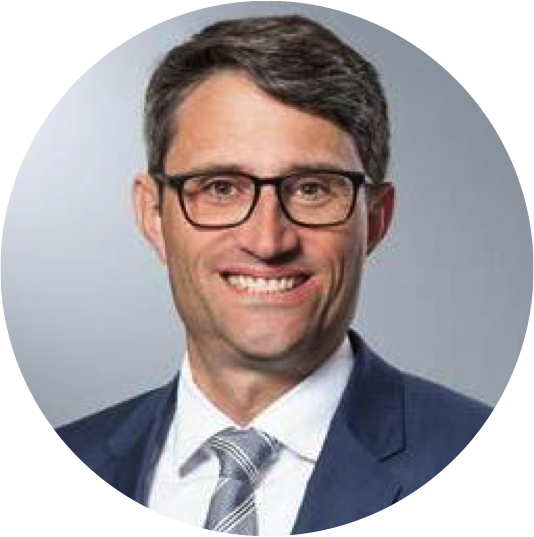
Torsten Schwede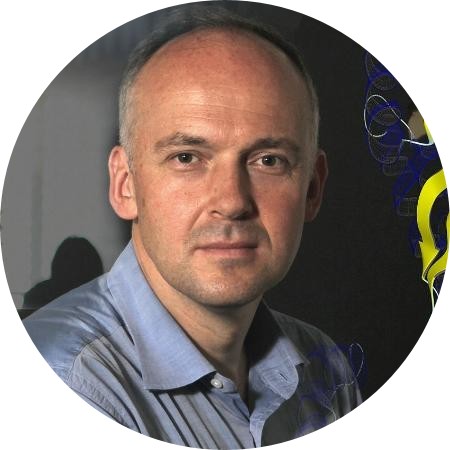
Professor, Vice President for Research at University of Basel
Speakers
Klaus Leisinger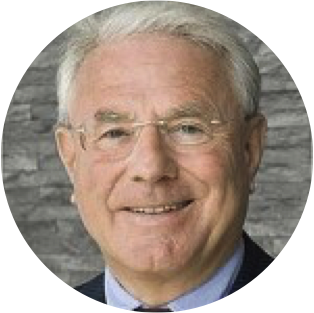
President of the Global Values Alliance Foundation; Professor of Sociology, University of Basel, Switzerland
Guéladio Cissé
Professor, Head of Unit, Ecosystem Health Sciences Unit, Department of Epidemiology and Public Health, Swiss TPH, Basel, Switzerland
Christine Kopp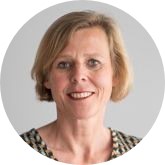
Head of the Department Health and Integration, Swiss Red Cross, Berne, Switzerland
Milo Puhan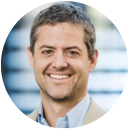
Director Epidemiology, Biostatistics and Prevention Institute, University of Zürich, Switzerland and winner of the 2017 Ig Nobel Prize for Peace
Foluke Michael CEO and Project Director at Creative Youth Community Development Initiative, Founder and Co-Chair of Solution17 for SDGs, Nigeria Lead at World Health Innovation Summit, Nigeria
CEO and Project Director at Creative Youth Community Development Initiative, Founder and Co-Chair of Solution17 for SDGs, Nigeria Lead at World Health Innovation Summit, Nigeria
Jeff Smith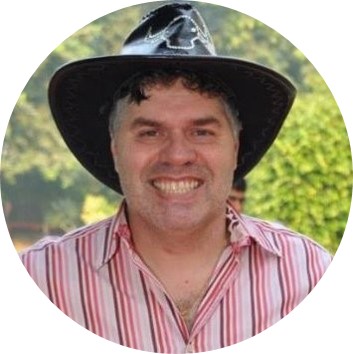 World Health Organization WHO, Geneva, Switzerland (Consultant), Air Quality Monitoring, BreatheLife Campaign, The Urban Health Initiative, and Sustainable Advocacy
World Health Organization WHO, Geneva, Switzerland (Consultant), Air Quality Monitoring, BreatheLife Campaign, The Urban Health Initiative, and Sustainable Advocacy
Liz Derks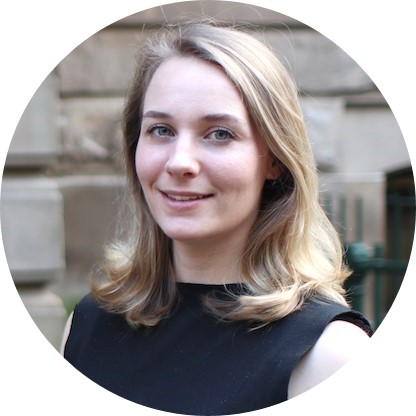
Program Manager, Impact Hub Basel
Sally Stansfield
Director, Social Impact Consulting Practice, Deloitte
Eric Comte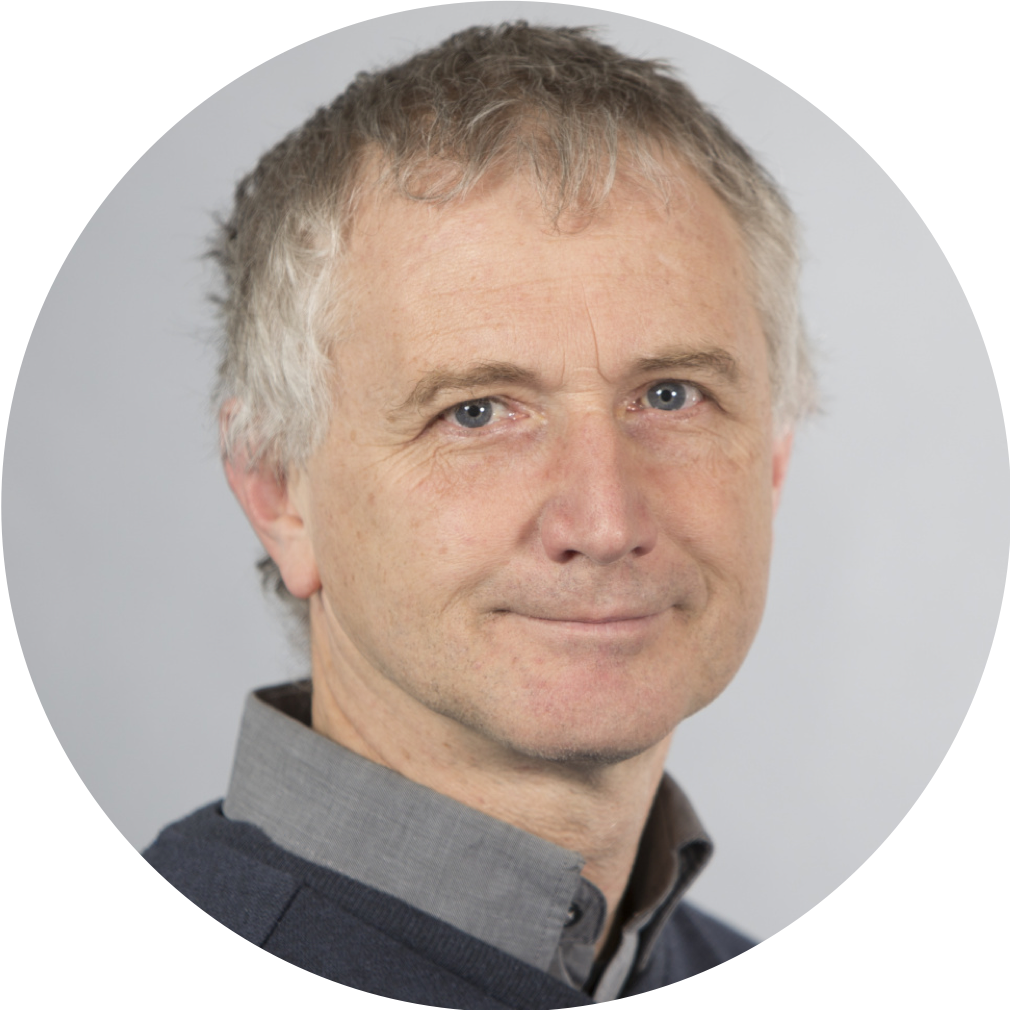
Executive Director of the Geneva Health Forum
Multi-Stakeholder Roundtable
Moderation
Sophie Hersberger
Assistant / PhD candidate (Center for Philanthropy Studies (CEPS)), University of Basel, Switzerland
Get Updates
Subscribe to the BSF2019 conference news by submitting your email address on the left of this page.
Conference Secretariat
Sara Vulovic
Christoph Ratz
Géraldine Leuenberger
Diana Costa Lopes
Karen Gisler
Cédric Spinnler
Matthias Burkhalter
Email: burkhalter@mdpi.com
Email: vulovic@mdpi.com
Mailing Address
BSF 2019 Secretariat
MDPI AG
St. Alban-Anlage 66
4052 Basel, Switzerland
www.wsforum.org
Conference Presentations
Milo Puhan - Contributing to Sustainability of a Health Research Field and Community – Examples from the SNF NRP 74 “Smarter Health Care”
Christine Kopp - Health is Not Sustainable
Liz Derks - Impact Hub Basel: Accelerating Health Innovation
Foluke Michael - Solution 17 for UNSDG3; The Way Forward to Transforming our World Towards 2030 Agenda
Jeff Smith - Sense and Sustainability: How do we know we are making the right choices?
Eric Comte - Geneva: A Unique Place to Succeed UNSDG3 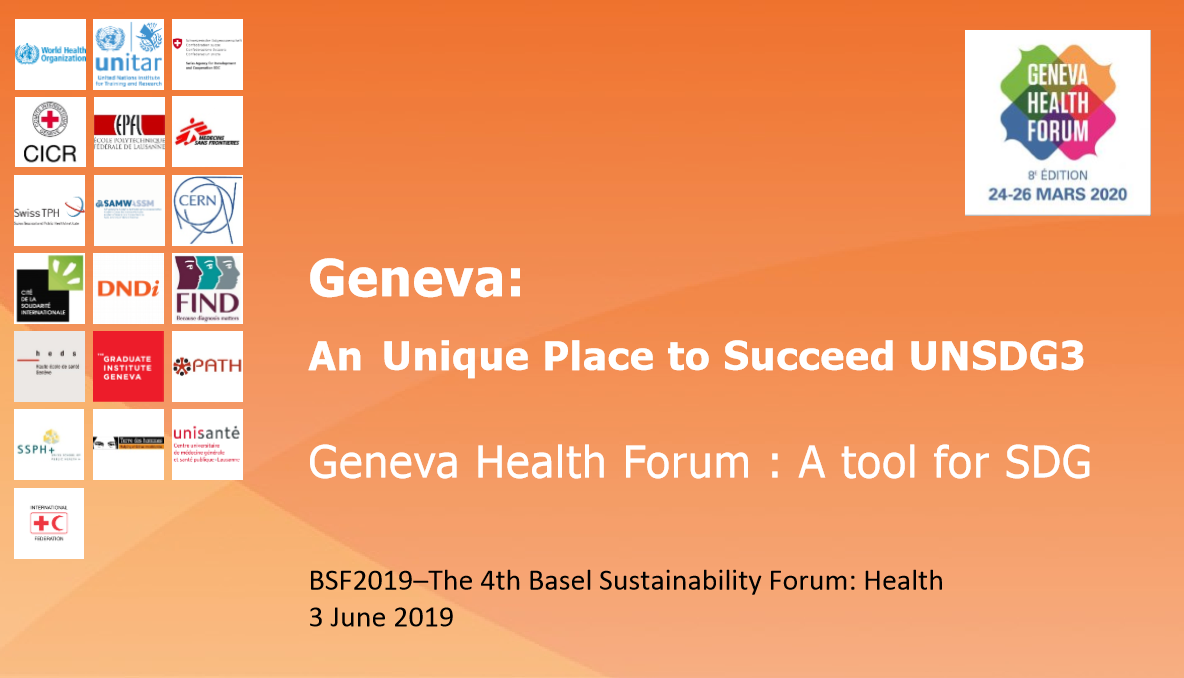
Guéladio Cissé - Addressing Health Adaptation Gaps: Synergies between Sustainable Development Goals 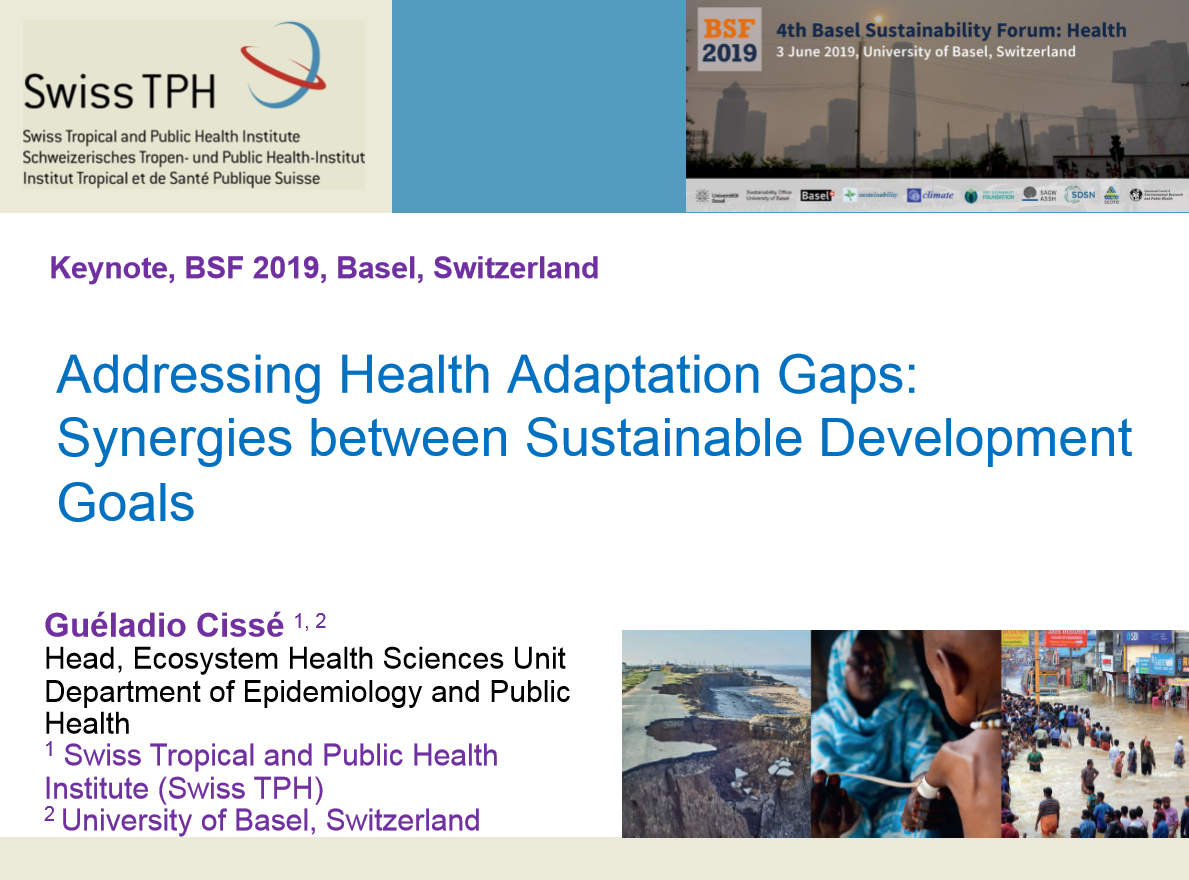
Program and Schedule
Program
BSF2019 – The 4th Basel Sustainability Forum: Health
3 June 2019, Kollegienhaus, Aula, University Basel, Switzerland
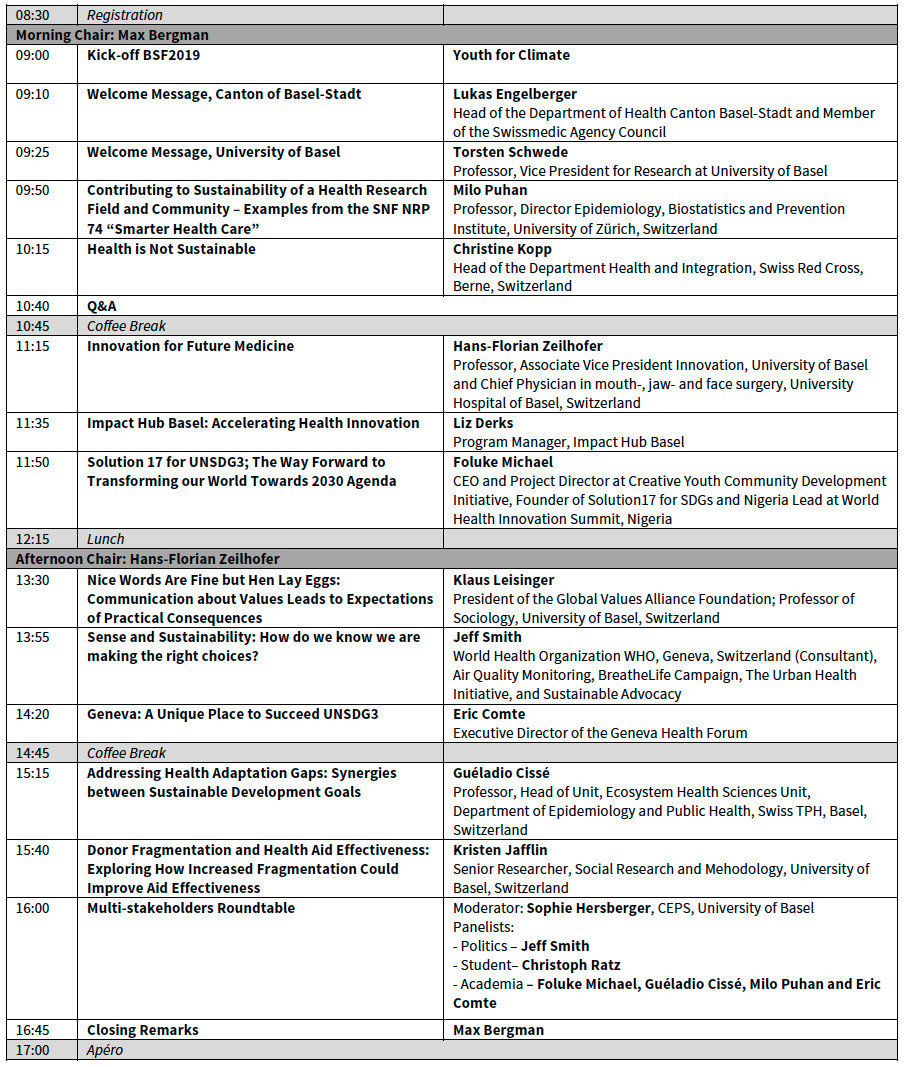
Language: English
Last update: 27 May 2019 - 09:30
When: 3. Juni 2019, 08:30-17:00
Where:
University of Basel
Kollegienhaus, Aula
Petersplatz 1
4051 Basel, Switzerland
The event is free but participants need to register here.
Places are limited and we are unable to accommodate unregistered guests, once we reach the limit imposed by the conference venue.
The Basel Sustainability Forum is a Swiss local offshot of the World Sustainability Forum.
The conference language is English.
Other edition in this series: 1st Basel Sustainability Forum: Energy and 2nd Basel Sustainabilty Forum: Mobility and 3rd Basel Sustainabilty Forum: Climate
WLAN: unibas-visitor
Get Updates
Subscribe to the BSF2019 conference news by submitting your email address on the left of this page.
Follow us on Social Media
Travel & Registration Information
The event is public and free of charge.
To register for this conference, please follow this link. If you need assistance, please e-mail the Conference Secretary.
Save the Date: The 8th World Sustainability Forum - 14.-19. September 2020 - Geneva, Switzerland
Save the Date

September 2020 marks the 5th birthday of the 2030 Agenda for Sustainable Development and the UN Sustainable Development Goals. If it were a child and given the right circumstances, it would now have developed fine motor skills, be able to stand on one foot for 10 seconds, have long conversations, and start to develop independence and responsibility. With the 8th World Sustainability Forum, we are not only celebrating a birthday, but are also taking stock of where we are in relation to a more sustainable world, what has worked, what has not yet worked, and where we need to go next.
Sustainability has gained considerable traction: Many countries have integrated sustainability and environmental protection as part of their national development agenda, many businesses have realized the considerable long-term potential in sustainable development, and many research agendas have aligned with sustainability goals. It is now time for the research, policy, and business communities to enter into enduring dialog and to embrace greater global responsibilities. With this event, we hope to contribute to building a platform and network for a sustainability agenda that fosters partnerships among stakeholders beyond the boundaries of academic disciplines, narrow national agendas, and quarterly spreadsheets. The quest is to conceive of ways to assure long-term sustainable development for our people, our planet, as well as societal and corporate profit.
In light of the importance of developing institutional partnerships and networks, this forum will be coordinated by MDPI, the Global Footprint Network, and the Sustainable Development Solutions Network.
The 8th World Sustainability Forum
WSF2020 is an international scientific conference coordinated by MDPI, partially sponsored by the MDPI Sustainability Foundation, under the patronage of the University of Basel, the University of Geneva and the UN Sustainable Development Solutions Network (UN SDSN).
The language of the conference is English.
The World Sustainability Award and the Emerging Sustainability Leader Award will be conferred at the gala dinner of the conference. The World Sustainability Award is endowed with USD 100'000; the Emerging Sustainability Leader Award with USD 10'000.
Follow us on Social Media
#WorldSustForum2020
BSF2019 Blog
7 June 2019
Wrap-up of BSF 2019
Overview of the Fourth Basel Sustainability Forum: Health (BSF 2019), 3 June 2019, University of Basel

The Fourth Basel Sustainability Forum: Health (BSF 2019) took place in the Aula of the Kollegienhaus of the University of Basel, Switzerland, on 3 June 2019. The forum kicked off with opening statements by three young climate activists from the Klimastreikbewegung Basel, reminding everyone that there is no alternative to climate action but to act now! Up next with official opening statements were Lukas Engelberger, Head of the Department of Health Canton Basel-Stadt and member of the Swissmedic Agency Council, and Torsten Schwede, Vice President for Research at University of Basel, each with considerations of sustainability issues regarding health in their context, i.e., policy and research, respectively. These introductions opened the floor for our presenters to make a case for concerning ourselves with sustainable health goals.
We were fortunate enough to hear from eight experts in their fields promoting health, sustainability and our newly reformulated role in what needs to be a globally recognized movement. Before lunch, the presenters included: Professor Milo Puhan, Director of the Epidemiology, Biostatistics and Prevention Institute of the University of Zurich, Switzerland; Christine Kopp, Head of the Department of Health and Integration of the Swiss Red Cross; Hans-Florian Zeilhofer, Professor and Associate Vice President of Innovation of the University of Basel and Chief Surgeon for mouth, jaw and facial procedures at the University Hospital of Basel; Liz Derks, Program Manager of Impact Hub Basel; and CEO and Project Director at Creative Youth Community Development, founder of SDG Solution 17, and lead for Nigeria at the World Health Innovation Summit in Nigeria, Foluke Michael.
In the afternoon, the following presenters took the stage: Klaus Leisinger, President of the Global Values Alliance Foundation and Professor of Sociology at University of Basel; Jeff Smith, consultant for the World Health Organization in Geneva, Switzerland, an expert in air quality monitoring, part of the BreatheLife Campaign, the Urban Health Initiative and Sustainable Advocacy; Professor and Head of the Ecosystem Health Sciences Unit of the Department of Epidemiology and Public Health of Swiss TPH in Basel, Guéladio Cissé; and Eric Comte, Executive Director of the Geneva Health Forum.
The variety of speakers made visible the many facets of the umbrella category ‘sustainable health’, which encompasses topics such as pollution and education, connects the pharma and medical device industry and relates directly to global communication and urbanization. To take the example of urbanization: how is health related to cities? According to Jeff Smith, one of every four deaths is related to how our cities are designed and maintained. This example shows that to begin formulating the sustainable, innovative solutions we so desperately need, academia, politics and the private sector must come together. The BSF location Basel is a hub of stakeholders, big players of the pharmaceutical industry (including Novartis and Roche), the health insurance industry, medical device companies, and research, academic institutions and foundations. In addition, international organizations like the United Nations and the World Health Organization are just a train ride away in Geneva. Through collaborations with some of the above mentioned groups, our experts truly believe that innovative health solutions are near at hand—interoperable, global solutions that can be at our fingertips with just the touch of a button. We are, as the climate striker youth and each presenter made clear, at a turning point and we can chose to act or ignore, but they choose to act.
We ended BSF 2019 with a Multi-Stakeholder Roundtable Discussion during which Foluke Michael had a powerful message for us: Coming together to debate health in Switzerland is not enough. What will we have to report in six months or a year? After hearing the statistics and the central issues from the leaders who joined us, what will we now showcase to the world? We must take this further and we must do it together.
Acknowledgements: The Fourth Basel Sustainability Forum: Health was organized by the University of Basel, the Fachstelle für Nachhaltigkeit, Universität Basel, and MDPI. This event was sponsored by the MDPI journals Sustainability and the International Journal of Environmental Research and Public Health, Basel Culture Unlimited and the Foundation Global Values Alliance. Additional support for this conference came from the Swiss Tropical and Public Health Institute (Swiss TPH), the Sustainable Development Solutions Network (SDSN), the Universitätsspital Basel, the Schweizerische Akademie der Geistes- und Sozialwissenschaften (SAGW), and the Sustainable Corporate Responsibility (SCORE) research program of the Social Research and Methodology Group of the University of Basel. The event was in cooperation with the Geneva Health Forum: Seventh Edition (April 10-12 2018).
We would like to again thank all of the presenters who took part in this BSF! We would also like to thank our two conference chairs Max Bergman, Chair of Social Research and Methodology of the Department of Social Sciences, University of Basel, and Hans-Florian Zeilhofer (introduced above), moderator Sophie Hersberger, Center for Philanthropy Studies (CEPS), the University of Basel, our additional Roundtable discussion participants Johannes Mosbacher, Professor of Precision Pharmaceuticals and Christoph Ratz, Junior Researcher and PhD Candidate, and, last but not least, everyone who attended this event and volunteered.
#SaveTheDate - The 5th #BaselSustForum on #PrecisionMedicine chaired by @EnkelejdaMiho, Sabina Heuss and Johannes Mosbacher will be held on 11 May 2020 at the @FHNW Muttenz supported by @JPM_MDPI
15 May 2019
Keynote Speaker Facts 14/14
Max Bergman - Professor of Social Research and Methodology, University of Basel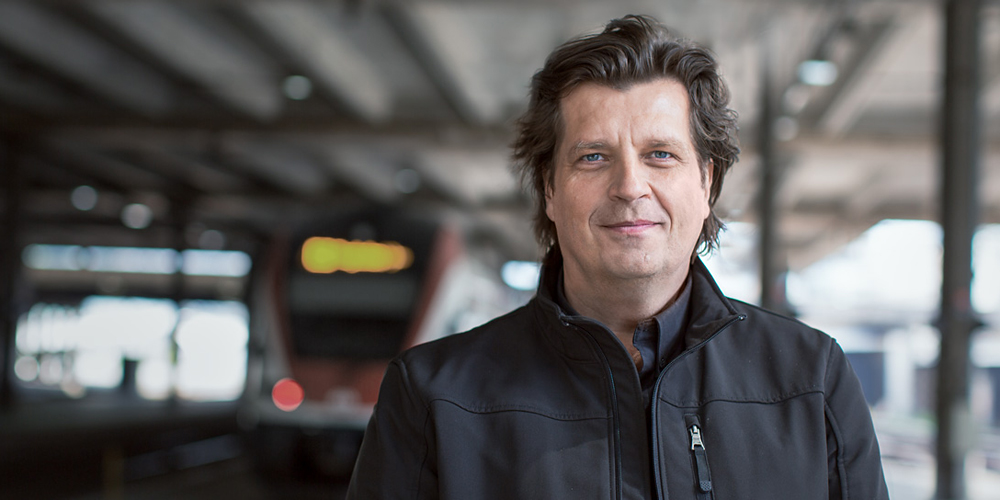
Professor Manfred Max Bergman holds the Chair of Social Research and Methodology at the Department of Social Sciences. He is a member of the Research Council of the Swiss National Science Foundation, the Swiss UNESCO National Commission, the Uganda National Academy of Sciences, and the Sustainable Development Solutions Network (SDSN), a global initiative for the United Nations.
Prof. Bergman’s research is mainly focused on sustainability in relation to the UN Sustainable Development Goals and the UN Global Compact: specifically how sustainability intersects business and society in a globalized world. In pursuing policy-relevant and change-oriented research, his group is currently working on a new research approach entitled Social Transitions Research (STR), which is dedicated to “work closely with the ‘future makers’ and their realm in order to find sustainable solutions to contemporary and future challenges”.
10 May 2019
Keynote Speaker Facts 13/14
Eric Comte - Executive Director of the Geneva Health Forum

The Geneva Health Forum, created in 2006, is one of the most important conferences of Global Health.
Every two years the GHF brings together Swiss and International participants from all sectors.
The overall goal of the Geneva Health Forum is to promote innovative practices that improve care access, especially in resource-poor settings.
To achieve this goal, the Geneva Health Forum aims to:
- give visibility to innovative field experiences;
- establish a critical and constructive dialogue and promote collaborations between global health actors from different sectors including practitioners, academics, policy makers, civil society and the private sector;
- promote interaction between actions in the field and health policy development (linking policy and practice). This applies both to guiding policies through best practices and to facilitating policy diffusion at the field level.
6 May 2019
Keynote Speaker Facts 12/14
Kristen Jafflin - Senior Researcher, Social Research and Methodology Group, University of Basel
Kristen Jafflin received her BA degree in sociology and anthropology from Middlebury College. She completed her MA and PhD work in sociology at the University of California, Berkeley.
Jafflin is interested in global health, and her research focuses on global efforts to promote vaccination. She ombines a focus on developments at the local and global levels. On the local level, she is researching the role international actors play in promoting the development of health services in the developing world, with a particular focus on their role in sub-Saharan Africa. Jafflin's current work explores the development of immunization services in Cameroon and Malawi.
On the global level, her research focuses on the development of the idea of health as a human right and its implications for global immunization efforts. In addition to tracing how this idea has developed over time, Jafflin examines how changing ideas about global responsibility for assuring access to immunization have affected the availability of funding for such efforts. In addition, she is researching the WHO's changing role in global immunization efforts.
02 Mai 2019
Keynote Speaker Facts 11/14
Torsten Schwede - Professor, Vice President for Research at University of Basel
Prof. Torsten Schwede studied chemistry in Bayreuth and completed his PhD in structural biology in Freiburg, Germany. He then worked as a postdoctoral researcher at GlaxoWellcome in Geneva (later GSK) before he was appointed tenure-track assistant professor of structural bioinformatics at the Biozentrum in Basel in 2001.
Since 2002, Schwede has been a group leader at the SIB Swiss Institute of Bioinformatics. In 2007, he was promoted to associate professor and, in 2014, to director of sciCORE, where he is responsible for the central infrastructure for scientific computing at the University of Basel. As chairman of the Scientific Expert Board and director of the Data Coordination Centre of the Swiss Personalized Health Network (SPHN), Schwede is committed to the development of research in the field of personalized health and medicine in Switzerland.
In 2018, Torsten Schwede has been appointed the new Vice President for Research at the University of Basel.
29 April 2019
Keynote Speaker Facts 10/14
Lukas Engelberger - Head of the Department of Health Canton Basel-Stadt; Member of the Swissmedic Agency Council
Dr. Lukas Engelberger has been Head of the Department of Health since August 2014. He determines the objectives, the procedure and the implementation of the Department's tasks. He heads the department and represents it internally and externally. At the federal level, he is a member of the executive committee of the Swiss Conference of Cantonal Health Directors.
"It is my concern to further develop and secure the excellent quality of health care in our canton. At the same time, it is important for me to approach innovations and visions so that our department and the health system in general can become ever more efficient and new things can be realized."
24 April 2019
Keynote Speaker Facts 9/14
Klaus Leisinger - President of the Global Values Alliance Foundation; Professor of Sociology, University of Basel, Switzerland

For more than 30 years, Klaus Michael Leisinger, founder and Chairman of the Global Values Alliance, has worked internationally for a globalisation “with a human face”. His efforts to transform corporate ethical standards – both morally and pragmatically – are groundbreaking, not only in the private sector but also in the academic field, especially since he understands how to test theories based on practical experience in the private sector. His influence on the acceptance of the Global Compact of the United Nations within multinational business circles and his communicative actions to reduce ideological reservations between different social interest groups are unprecedented and have brought him international recognition.
Klaus Leisinger is Professor of Sociology at the University of Basel (specialising in development policy, business ethics and corporate responsibility), special adviser on business ethics to the Global Compact of the United Nations and on the post-2015 development policy agenda upon termination of the Millennium Development Goals Period. He is a member of the Consortium Board of the Consultative Group for International Agricultural Research (CGIAR) and a member of the Leadership Council of the Sustainable Development Solutions Network initiated by the UN Secretary-General Ban Ki-moon and directed by Professor Jeffrey Sachs.
23 April 2019
Keynote Speaker Facts 8/14
Liz Derks - Program Manager, Impact Hub Basel
Title: Impact HUB Basel: Accelerating Health Innovation
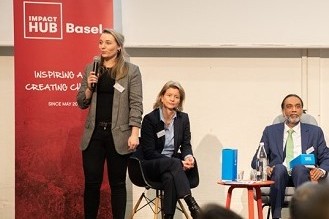
Liz is 28 years old and originally from the Netherlands but has lived, worked and studied in France, Spain, Brazil, Australia and now Switzerland.
After completing her bachelors degree in business administration and two masters degrees, one in Finance & Investments and one in Strategic Entrepreneurship, she moved to Australia to launch and run the country’s first corporate and venture-backed tech accelerator program specifically designed for female founders. She’s passionate about the potential of human-centered design, technology and diversity to fuel innovation that creates positive change in the world.
She’ll be bringing this passion and experience to her role as Project Manager at the Impact Hub in Basel, where she’ll be responsible for anything and everything project-related.
Outside of work Liz loves to go for a run along the Rhein, likes to try all the foods and enjoys traveling to far-away (and preferably sunny) destinations.
18 April 2019
Keynote Speaker Facts 7/14
Christine Kopp - Deputy Director, Head of the Department Health and Integration, Swiss Red Cross, Berne, Switzerland
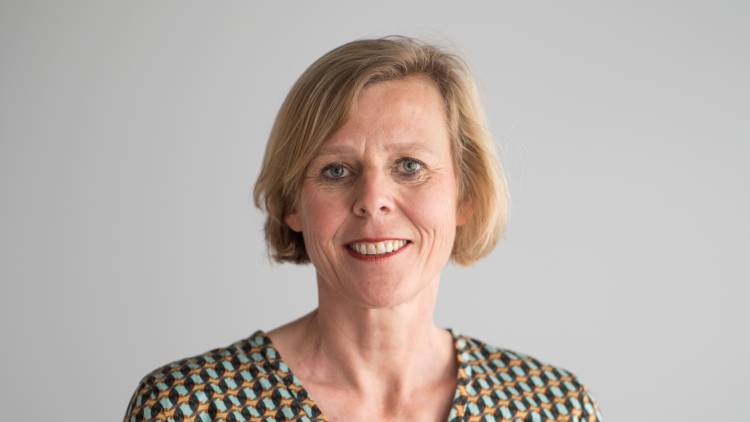
Workforce Inegration
Swiss project recruits more migrant and refugee nurses
A joint pilot project between the Swiss Red Cross (SRC) and the Swiss Secretariat for Migration (SEM) has achieved a 90% success rate in recruiting more nurses from the ranks of migrants and refugees in Switzerland.
“The SRC’s nursing assistants are in great demand on the labour market. In view of the increasing need for care in old age, migrants are a welcome addition to the Swiss labour force,” said SRC director Christine Kopp.
17 April 2019
Keynote Speaker Facts 6/14
Milo Puhan - Director Epidemiology, Biostatistics and Prevention Institute, University of Zürich, Switzerland and winner of the 2017 Ig Nobel Prize for Peace
Title: Contributing to Sustainability of a Health Research Field and Community – Examples from the SNF NRP 74 “Smarter Health Care”

Milo Puhan studied medicine at the University of Zurich. After working as an internal medicine resident at the Zurich Höhenklinik in Wald, Switzerland and as a Research Fellow at the University of Zurich’s Horten Center, he earned a PhD at the University of Amsterdam in 2006. Immediately following, Prof. Puhan was a PROSPER fellow of the Swiss National Science Foundation. From 2008 to 2012, he was a tenure track Associate Professor in the Department of Epidemiology, Bloomberg School of Public Health at Johns Hopkins University in Baltimore, USA. Since 2013 he serves as chair of Epidemiology and Public Health at the University of Zurich and as director of the EBPI. Milo Puhan’s main research interest are in prevention and management of chronic diseases and in the development of tools to support preference-sensitive health care. He is currently principal investigator of the Swiss MS Registry, the LuftiBus-Swiss National Cohort, and of several other studies. Milo Puhan is currently the president of the National Research Program 74 Smarter Health Care of the Swiss National Science Foundation, vice-president of the Swiss School of Public Health and directs the PhD program in Epidemiology & Biostatistics of the Life Science Zurich Graduate School. In 2014 he received the COPD Research Award of the European Respiratory Society and in 2017, he received the prestigious Ig Nobel Prize for his work on the didgeridoo for treating obstructive sleep apnea and snoring.
15 April 2019
Keynote Speaker Facts 5/14
Hans-Florian Zeilhofer - Professor, Associate Vice President Innovation, University of Basel and Senior Consultant, Head of Research in mouth-, jaw- and face surgery, University Hospital of Basel, Switzerland
Title: Innovation for Future Medicine
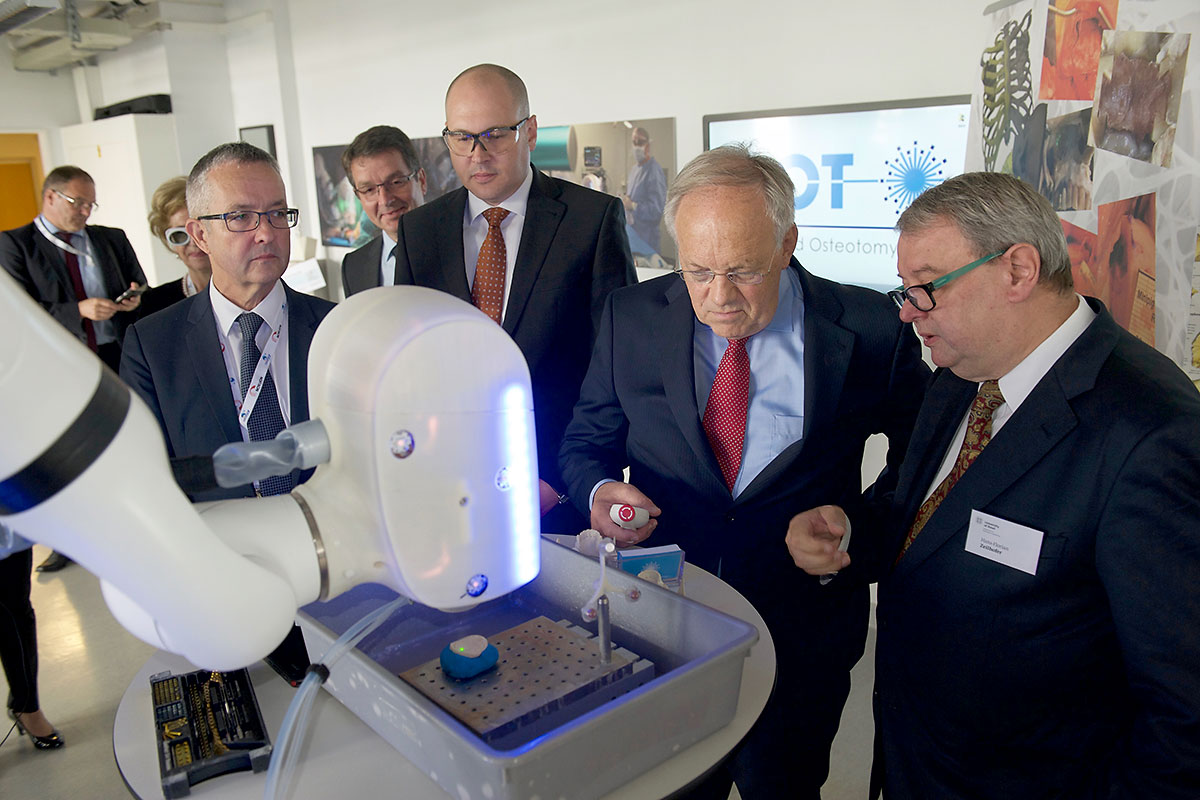
Photo: Hans-Florian on the right next to BR Johann Schneider-Ammann
Prof. Zeilhofer heads the department of Oral and Maxillofacial Surgery at the University Hospital in Basel (Switzerland) and the Cantonal Hospital and its affiliated research center in Aarau, Switzerland. In addition, Prof. Zeilhofer chairs the research group “Clinical Morphology and Biomedical Engineering” at the University Hospital in Basel, and is president of the Swiss Society of Oral and Maxillofacial Surgeons. An internationally-recognized leader in oral and maxillofacial surgery with a bent for innovative technologies, Professor Zeilhofer lends his profound medical expertise to a variety of institutions and projects.
Source: AOT
Hans-Florian Zeilhofer is Founding Partner of MTIP and plays a key role in the set-up of MTIP’s innovation ring as well as the coordination of the scientific network.
Hans-Florian Zeilhofer has various entrepreneurial experiences and is currently involved in several MedTech start-up companies. He is a professor and since 2002 Head of the Department for Oral and Maxillofacial Surgery at the University Hospital in Basel. His research includes the use of computer-assisted 3D-methods in the surgery of the facial skull. Additionally, he is a Chief Physician at the Kantonsspital Aarau as well as Head of the Hightech Research Center of Cranio-Maxillofacial Surgery, which was established by him and has been birthplace of several successful start-up companies. Hans-Florian Zeilhofer finished his doctorates and habilitation at TU Munich.
Source: MTIP
12 April 2019
Keynote Speaker Facts 4/14
Sally Stansfield - Director, Social Impact Consulting Practice, Deloitte
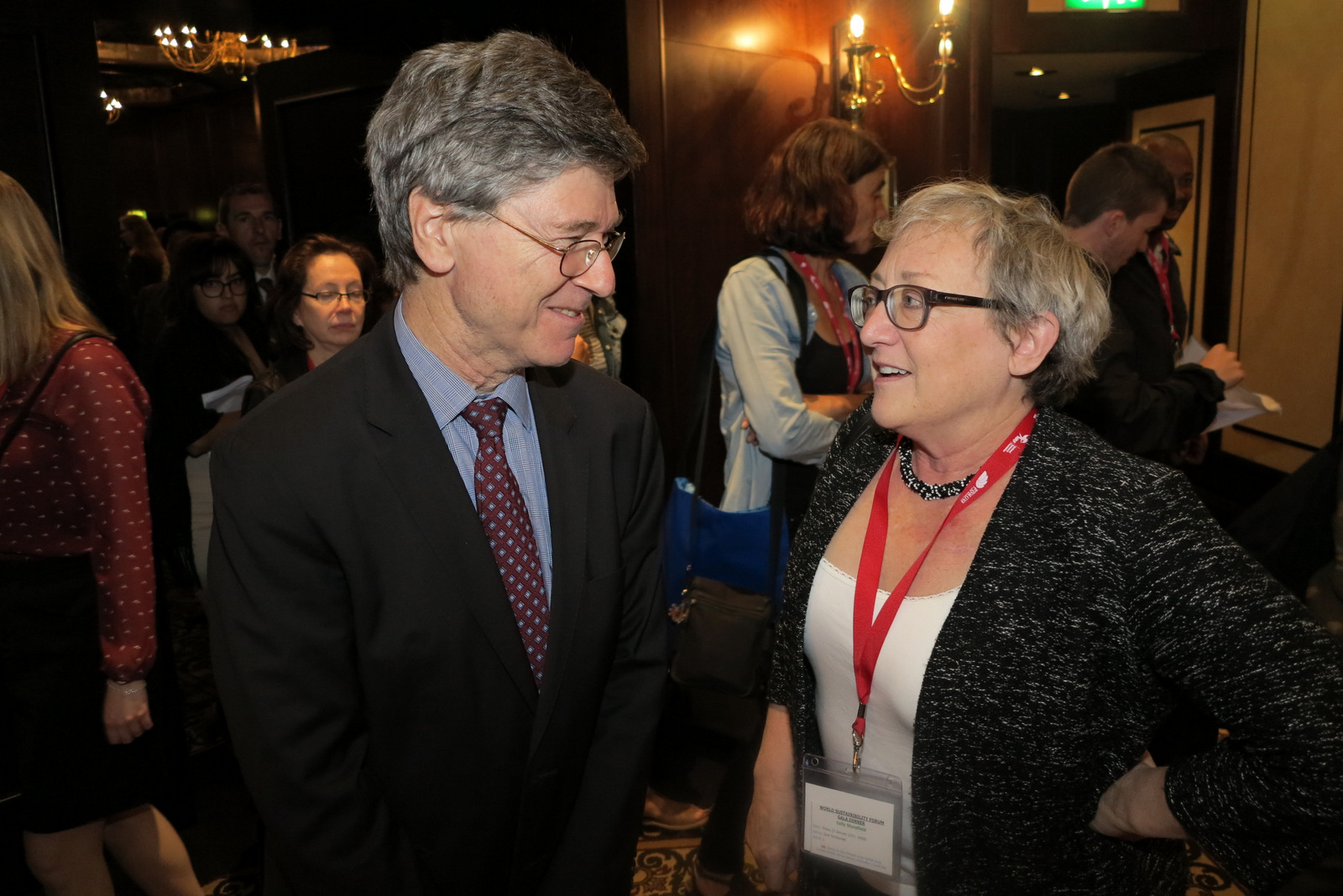
Photo: 6th World Sustainability Forum, Cape Town, SA. Sally Stansfield with Jeff Sachs
Sally is a managing director in the Social Impact service line of Deloitte Consulting LLP, focusing on global health issues. She is a globally recognized leader in public health and development and brings more than 30 years of expertise in health systems strengthening, with a focus on health information, communication, and technology; data maximization; metrics for evaluation; and information technology governance. Sally also has extensive experience working with global health partners.
An interview with Sally Stansfield - Who owns the information? Who has the power?
Dr Sally Stansfield is the Executive Secretary of the Health Metrics Network. A citizen of the United States of America, she gained her medical degree at the University of Washington and later studied at Yale. From 1999 to 2006, she was the Associate Director for Global Health Strategies of the Bill & Melinda Gates Foundation. She draws upon more than 30 years of clinical and public health practice, experience in research agencies, universities, governments, nongovernmental organizations, and multilateral agencies. She has designed and managed programmes for the US Centers for Disease Control and Prevention, the US Agency for International Development and Canada’s International Development Research Centre and has advised governments primarily in Africa and Asia.
Source: Bulletin of the World Health Organization
12 April 2019
GENEVA HEALTH FORUM
the forum of innovative practices in global health
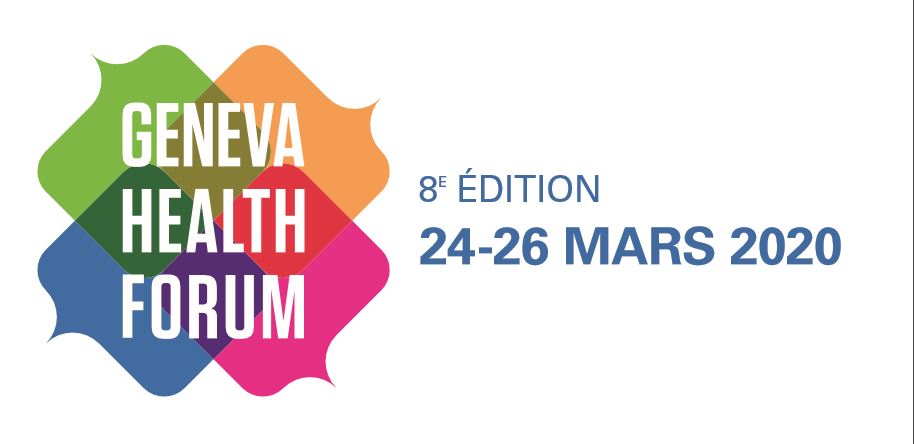
The Geneva Health Forum, created in 2006, is one of the most important conferences of Global Health.
Every two years the GHF brings together Swiss and International participants from all sectors.

The overall goal of the Geneva Health Forum is to promote innovative practices that improve care access, especially in resource-poor settings. To achieve this goal, the Geneva Health Forum aims to:
- give visibility to innovative field experiences;
- establish a critical and constructive dialogue and promote collaborations between global health actors from different sectors including practitioners, academics, policy makers, civil society and the private sector;
- promote interaction between actions in the field and health policy development (linking policy and practice). This applies both to guiding policies through best practices and to facilitating policy diffusion at the field level.
Register at: https://ghf2020.g2hp.net/registrations/
12 April 2019
Keynote Speaker Facts 3/14
Guéladio Cissé - Professor, Head of Unit, Ecosystem Health Sciences Unit, Department of Epidemiology and Public Health, Swiss TPH, Basel, Switzerland
Title: Addressing Health Adaptation Gaps: Synergies between Sustainable Development Goals
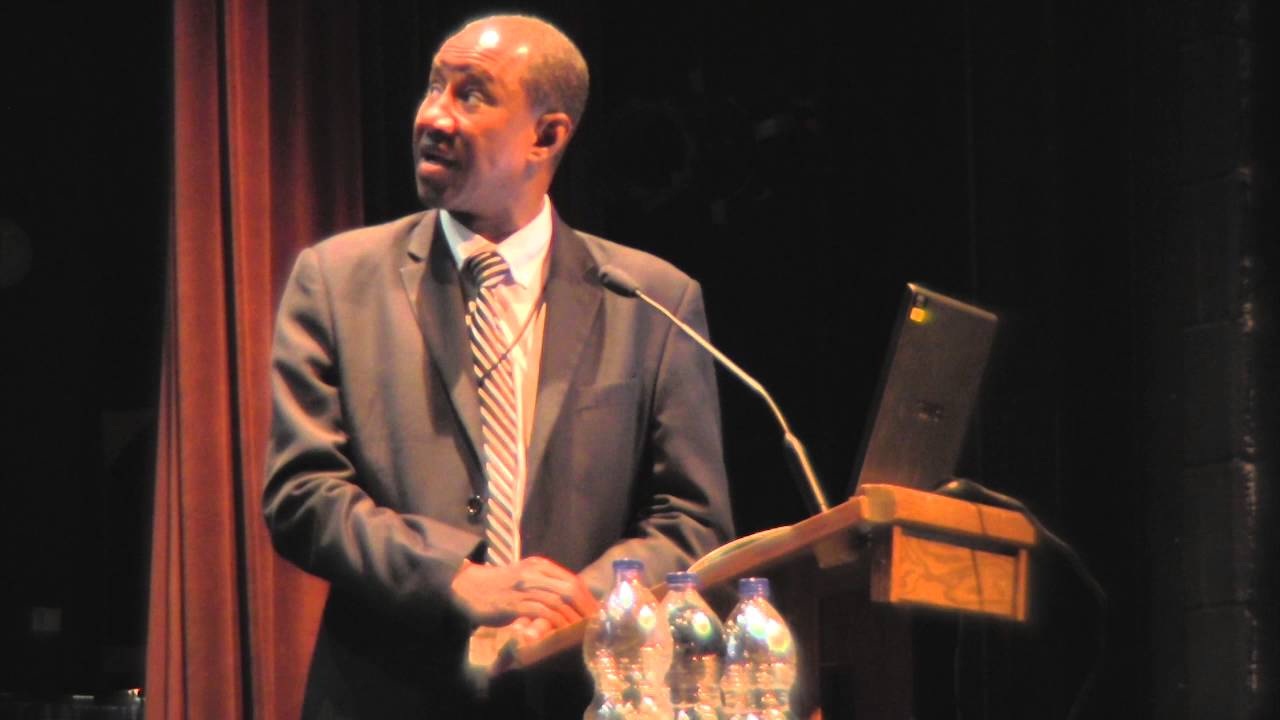
“We should work on emerging issues in health in a more integrated way, including giving special care to waste, nutrition and cultural aspects.”
Guéladio Cissé
UN Headquarters, New York, July 12, 2016
Swiss TPH Contributions to the Sustainable Development Goals
The Sustainable Development Goals (SDGs), otherwise known as the Global Goals, are a universal call to action to end poverty, protect our planet and ensure that all people enjoy peace and prosperity.
This transformative agenda of sustainability towards 2030 has introduced a paradigm shift for a more holistic view on development goals, among which health and wellbeing related goals will require greater intersectoral coherence and inter- and trans-disciplinary approaches. The SDGs integrate and balance three equal dimensions of sustainable development – environment, economy and society – and thus promote the global vision of a life in justice and equity.
11 April 2019
Keynote Speaker Facts 2/14
Jeff Smith - World Health Organization WHO, Geneva, Switzerland (Consultant), Air Quality Monitoring, BreatheLife Campaign, The Urban Health Initiative, and Sustainable Advocacy
Title: Sense and Sustainability: How do we know we are making the right choices?
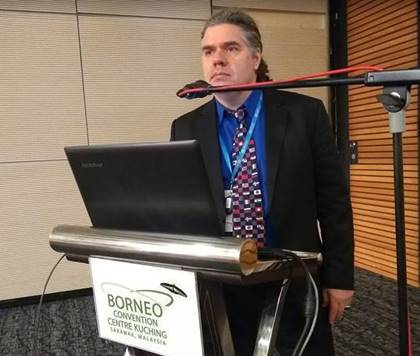
He is founder of 'Environmental Health Matters' a blog by Jeffery K Smith and works for BreatheLife, a Global campaign for clean air. BreatheLife is a global campaign led by WHO, the Climate & Clean Air Coalition, UN Environment, The World Bank, and supported by the Government of Norway. BreatheLife combines public health and climate change expertise with guidance on implementing solutions to air pollution in support of global development goals. The campaign advocates action in the areas of knowledge sharing between cities, increasing monitoring, supporting solutions and educating people.
10 April 2019
Keynote Speaker Facts 1/14
Foluke Michael - CEO and Project Director at Creative Youth Community Development Initiative, Founder of Solution17 for SDGs and Nigeria Lead at World Health Innovation Summit, Nigeria
Title: Solution 17 for UNSDG 3; The Way Forward to Transforming our World Towards 2030 Agenda
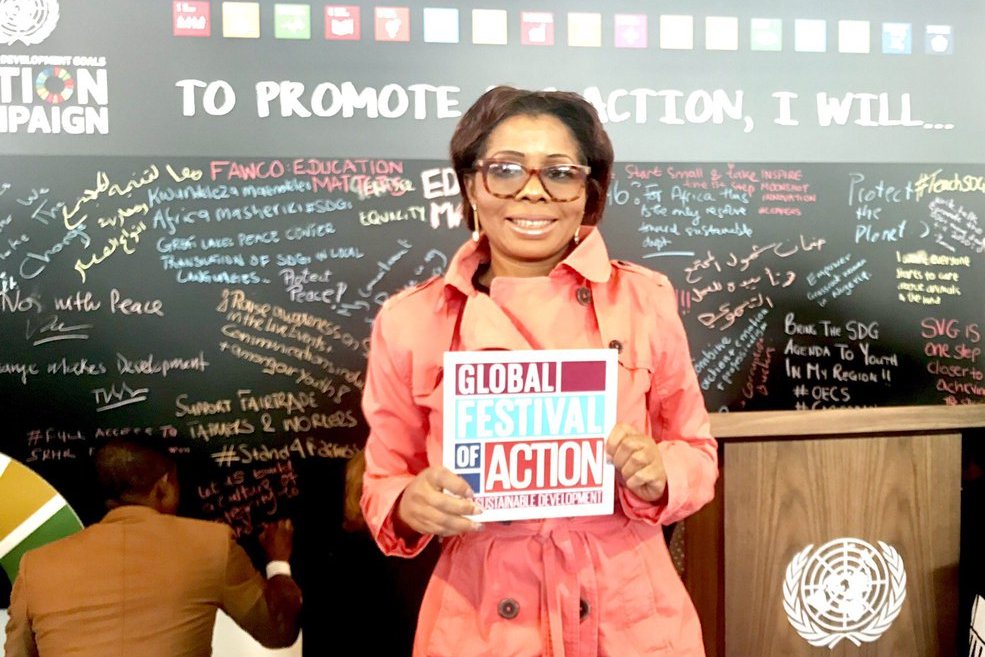
Foluke is a project management consultant and Sustainable Development Goals (SDGs) implementer. She graduated with a master of science in project management from the University of Salford Manchester in the United Kingdom.
She is the founder and project director of Creative Youth Initiative Against Corruption and InnoCreative youth hub. She promotes SDGs through education, creative development, innovation and entrepreneurship in children, youth and women.
In 2017, Foluke launched the CCB animated movie series to influence policy makers to implement effective changes that will establish a system based on integrity and accountability. The series was also designed to draw attention to the corrupt practices associated with their everyday life and its negative impact on society.
Foluke is the project director for “Vision of the Child”, and is currently leading a global campaign along with 17 changemakers from 17 Schools to raise drug prevention awareness among youths and vulnerable adults. The project, which was supported by the EU-UNODC, also produced the movie, Trapped.
She designs and manages communication strategies, training facilitation, project finance in different national and international organizations, and has coordinated special projects under the supervision of the 1986 Nobel laureate in Literature, Professor Wole Soyinka.
In 2018, she won the United Nations SDG Innovator award in Bonn Germany at the Global Festival of Action for Sustainable Development organized by the United Nations SDG Action Campaign. She is an action partner for the 2018 Global Day of Action for Sustainable Development.
She emerged as finalist for the 2018 University of Salford Alumni Achievement Award, a prestigious award to recognize her exceptional contribution to society through education of the next generation in Nigeria.
Foluke is a lover of creativity and innovation, she helps children and youths to develop their talents while preparing them to lead positive changes in the future. She also has strong passion for arts, culture and creative enterprise development.
Follow Foluke on Twitter: https://twitter.com/FolukeMichael
Source: https://www.globalpeoplesummit.org/team/foluke-michael
08 April 2019
Bio of the BSF2019 on Health and SDG3 Speakers Chaired by Max Bergman and Hans-Florian Zeilhofer

In the coming days we will upload fascinating and inspiring facts about our speakers.
05 April 2019
Final program of the 4th Basel Sustainability Forum on Health
We are very happy to announce the final program of the 4th Basel Sustainability Forum on Health and the SDGs.
Chairs: Manfred Max Bergman and Hans-Florian Zeilhofer. Presenter: Sophie Hersberger-Langloh. Welcome Messages: Lukas Engelberger and Torsten Schwede. Speakers: Christine Kopp, Liz Derks, Foluke Michael, Sally Stansfield, Kristen Jafflin, Milo Puhan, Jeff Smith and Guéladio Cissé.
We are very much looking forward to all the great guests!
01 April 2019
EU bans UK's most-used pesticide over health and environment fears

One of the world’s most common pesticides will soon be banned by the European Union after safety officials reported human health and environmental concerns.
EU states voted for a ban after a review by the European Food Safety Authority (Efsa) was unable to exclude the possibility that breakdown products of the chemical cause damage to DNA. Efsa also said “a high risk to amphibians and fish was identified for all representative uses”. Recent research further identified chlorothalonil and other fungicides as the strongest factor linked to steep declines in bumblebees.
For full reading, please follow: https://sci.fo/5xh
27 March 2019
Cyclone Idai crisis deepens - first cases of cholera confirmed in Mozambique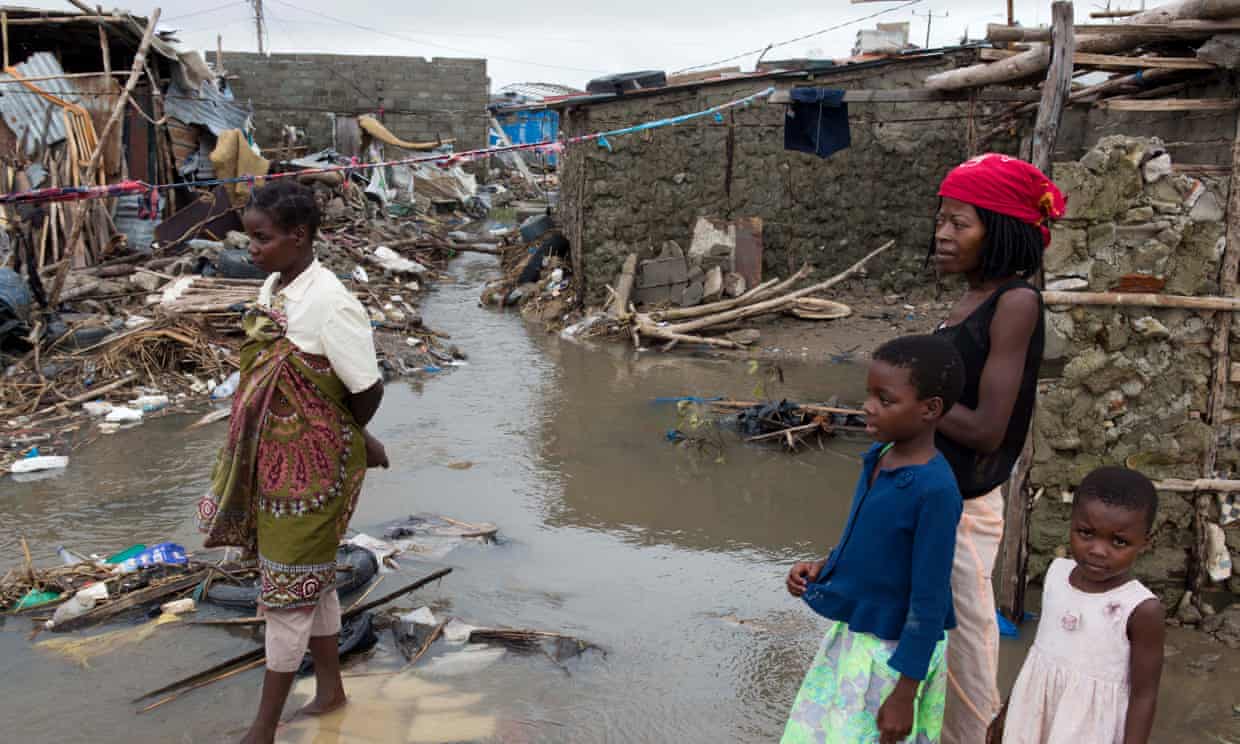
The first cases of cholera have been reported in the cyclone-ravaged Mozambican city of Beira, complicating an already massive and complex emergency in the southern African country.
The announcement of five cases of the waterborne disease follows days of mounting fears that cholera and other diseases could break out in the squalid conditions in which tens of thousands have been living since Cyclone Idai struck on 14 March, killing at least 700 people across the region.
For full reading, please follow: https://sci.fo/5x8
22 March 2019
Leaving No One Behind - World Water Day 2019 - Water for All - Whoever you are, wherever you are, water is your human right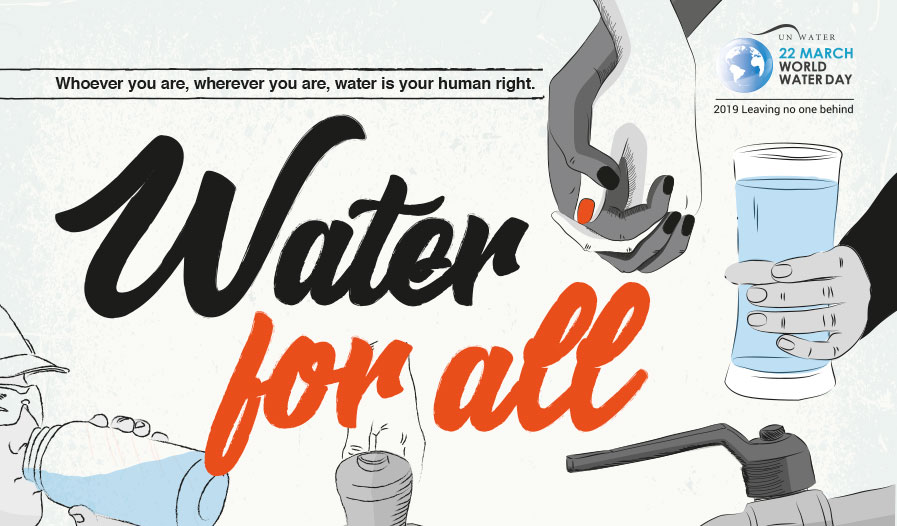
What is World Water Day?
Sustainable Development Goal 6 is crystal clear: water for all by 2030. By definition, this means leaving no one behind. But today, billions of people are still living without safe water – their households, schools, workplaces, farms and factories struggling to survive and thrive.
Marginalized groups – women, children, refugees, indigenous peoples, disabled people and many others – are often overlooked, and sometimes face discrimination, as they try to access and manage the safe water they need.
This World Water Day, 22nd March, is about tackling the water crisis by addressing the reasons why so many people are being left behind.
For full reading, please follow: https://sci.fo/5wp
20 March 2019
Enough water to go round? Not without fairer sharing
by Megan Rowling via Thomson Reuters Foundation
Nearly two-thirds of the world population experience severe water scarcity during at least one month of the year.
Water use has been increasing worldwide by about 1 percent a year since the 1980s and researchers expect it to rise a further 20 to 30 percent from today's level by 2050. Demand has surged in developing countries and emerging economies, but water use per person in most of these countries is still far below wealthy nations.
For full reading, please follow: https://sci.fo/5ws
18 March 2019
WHO launches new global influenza strategy
via WHO
Influenza remains one of the world’s greatest public health challenges. Every year across the globe, there are an estimated 1 billion cases, of which 3 to 5 million are severe cases, resulting in 290 000 to 650 000 influenza-related respiratory deaths.
WHO released a Global Influenza Strategy for 2019-2030 aimed at protecting people in all countries from the threat of influenza. The goal of the strategy is to prevent seasonal influenza, control the spread of influenza from animals to humans, and prepare for the next influenza pandemic.
For full reading, please follow: https://sci.fo/5wh
14 March 2019
U.N. warns of millions of premature deaths by 2050 due to environmental damage
by Nita Bhalla via Thomson Reuters Foundation
Air pollution from vehicles and industry as well as burning fuels such as wood, coal and kerosene for cooking, heating and lighting results in around 7 million deaths annually.
NAIROBI, March 13 (Thomson Reuters Foundation) - Environmental damage caused by man-made activities is having a devastating toll on human health, the United Nations said on Wednesday, warning of millions of premature deaths due to air and water pollution by 2050 if action was not taken.
For full reading, please follow: https://sci.fo/5w6
11 March 2019
Dhaka's toxic air: A major public health concern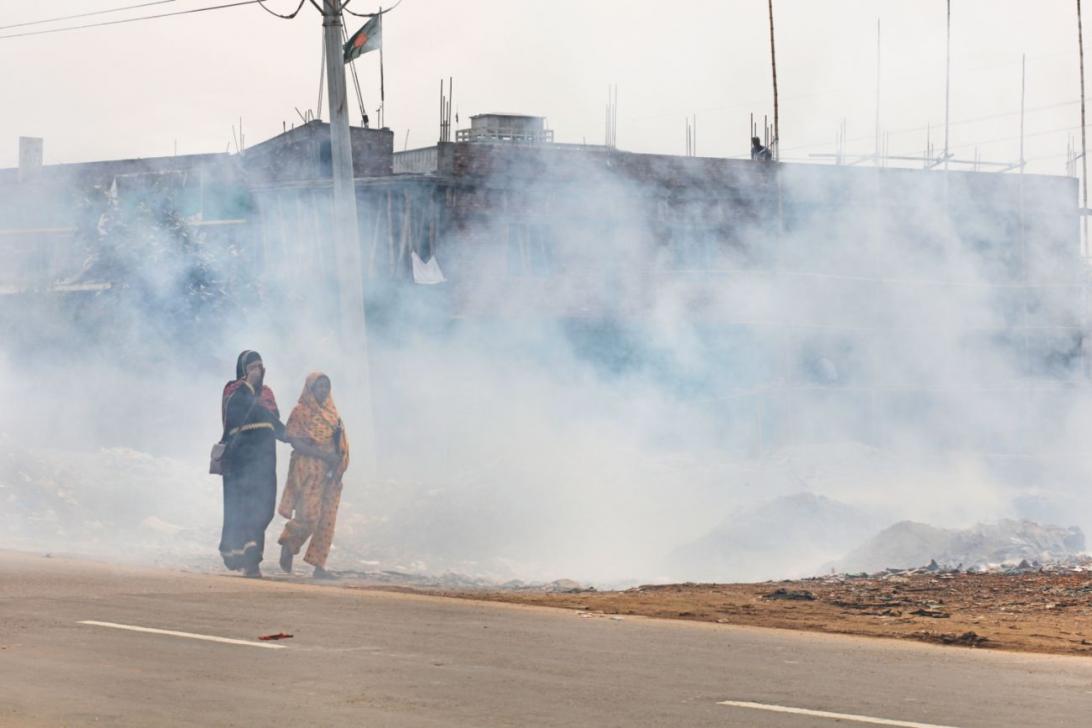
by Md Khalequzzaman via The Daily Star
The electronic and press media in Bangladesh has recently been highlighting the findings of the 2018 World Air Quality Report published by Greenpeace and AirVisual. As per this report, Bangladesh has the most polluted air in the world, and Dhaka is the second most polluted capital city.
An Air Quality Index (AQI) is a summary scorecard that effectively describes ambient air quality relative to the relevant air quality standards, consisting of several parameters such as sulphur dioxide, nitrogen dioxide, carbon monoxide, ozone, and particulate matters (PM2.5 and PM10). An AQI score of 50 is considered good, while a score of over 250 is considered hazardous. The US embassy's continuous air quality monitoring system reported the AQI in Dhaka to be 244 on March 7, 2019. The AQI values between 201 and 300 trigger a health alert, meaning everyone may experience more serious health effects.
For full reading, please follow: https://sci.fo/5w2
8 March 2019
Today is International Women's Day!
Women in rural Kyrgyzstan bring change through water, technology and better infrastructure

Rural woman works in the field. Photo: Rural Advisory Service
Shakhodat Teshebayeva from Khalmion, a village in southern Kyrgyzstan bordering Uzbekistan, is 50 years old and the sole breadwinner of her family. Her income comes from farming, working for 8-10 long hours in the fields every day. She doesn’t shy away from the hard work, but lately, the hard has become impossible, because of the growing water crisis.
The crisis, which is worse in spring and summer, stems from a combination of factors. As the mountains get less snow because of climate change, the glacier-fed rivers don’t have enough water. The dwindling water source is the same for Uzbekistan and Kyrgyzstan, and as Uzbek farmers across the border start irrigating their fields in spring, the Kyrgyz farmers living down river experience water shortage.
The lack of access to irrigation water in this area, where agriculture is the mainstay, has hard consequences. Women and girls often bear the brunt of the problem, as water collection is considered a women’s chore. As the water source dwindles, they have to walk further and longer to fetch water, even after dark.
For full reading, please follow: https://sci.fo/5vv
7 March 2019
Unexploded mines pose daily risk for people in northern Syria

6 March 2019 - Um Hassan, from rural Aleppo, was collecting truffles in the countryside to sell in local markets. At the end of a long day of backbreaking work in harsh winter conditions, she and her children climbed into a crowded lorry to begin their journey home. Half-way through their trip, the lorry drove over an unexploded mine. Um Hassan’s 10-year old daughter Lolo was killed instantly and two of her other children were seriously injured.
For further reading: https://sci.fo/5vt
6 March 2019
This Disease Spread Through Bug Bites Kills Up to 30,000 People Each Year
You probably know a thing or two about malaria — the deadliest parasitic disease in the world. But chances are you’ve never heard of visceral leishmaniasis (VL), a neglected tropical disease that is the second-deadliestparasitic disease, and a threat to children and young adults in poverty-stricken regions of the world.
Also known as kala-azar, VL is the most serious of the diseases caused by the leishmania parasite.
VL can become fatal in more than 95% of cases if left untreated. The World Health Organization (WHO) estimates 50,000 to 90,000 new cases occur per year, and between 20,000 and 30,000 people die from it.

Brazil is home to low-income areas called favelas; 90% of visceral leishmaniasis cases
are found in seven countries: Brazil, Ethiopia, India, Kenya, Somalia, South Sudan and
Sudan, where it mostly affects poor and neglected populations. flickr/dany13
For further reading: https://sci.fo/5vo
5 March 2019
Time to see air pollution as a human rights threat: U.N., in Thomson Reuters Foundation
"Making it a human right can really empower the billions of people around the world who have been fighting for their right to breathe clean air"
By Shannon Larson
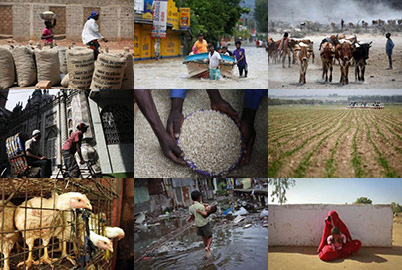
LONDON, March 4 (Thomson Reuters Foundation) - Air pollution has long been an environmental and health problem - but now it should now be viewed as a human rights issue as well, according to the U.N. special rapporteur on human rights and the environment.
Air pollution is leading to 7 million premature deaths a year around the world, including 600,000 among children, David Boyd said.
"To put that 7 million figure in context, that's more deaths every year than the combined total of war, murder, tuberculosis, HIV, AIDs and malaria," the U.N. expert told the Thomson Reuters Foundation in an interview.
For further reading: https://sci.fo/5vn
4 March 2019
Bigger, Saltier, Heavier: Fast Food Since 1986 in 3 Simple Charts
in New York Times, by Tiffany Hsu
Adding lighter fare like salads to the usual burgers and fries has meant more options for time-pressed diners. But the meals are largely less healthy now, a new study finds.

“The big picture is that there have been some positive changes,” one researcher said
of fast food menus, “but they're small, and over all, the changes have gotten worse.”
CreditCreditGene J. Puskar/Associated Press
Fast food chains have tried for years to woo health-conscious diners by mixing lighter fare like salads and yogurt with the usual burgers, fried chicken and shakes.
But as menus swelled over the past three decades with grilled chicken wraps (McDonald’s) and “fresco” burritos (Taco Bell), many options grew in size and the calories and sodium in them surged, according to new study from researchers at Boston University and Tufts.
For further reading: https://sci.fo/5vj
28 February 2019
Confirmed Speakers: Christine Kopp and Foluke Michael
Christine Kopp, Head of the Health and Integration Department of the Red Cross and Foluke Michael, Nigeria Lead & CEO at World Health Innovation Summit, will be attending the BSF 2019 as speakers. We are happy to receive two women, that are committed to the implementation of the SDG 3 in their daily lives. The BSF 2019 is looking forward to receive them in Basel.
27 February 2019
BreatheLife is a global campaign led by WHO, the Climate & Clean Air Coalition and the Government of Norway, to raise awareness about the health risks of short-lived climate pollutants, which contribute significantly to global warming and air pollution. The campaign advocates action in the areas of knowledge sharing between cities, increasing monitoring, supporting solutions and educating people.
We are very happy to announce that Jeff Smith, one of the participants at this campaign, will attend the 4th Basel Sustainability Forum as speaker.

To see more details on this great campaign, please refer to: https://sci.fo/5v5
25 February 2019
We Know Plastic Is Harming Marine Life. What About Us?
There often are tiny bits of plastic in the fish and shellfish we eat. Scientists are racing to figure out what that means for our health.
In a laboratory atColumbia University’s Lamont-Doherty Earth Observatory, in Palisades, New York, Debra Lee Magadini positions a slide under a microscope and flicks on an ultraviolet light. Scrutinizing the liquefied digestive tract of a shrimp she bought at a fish market, she makes a tsk-ing sound. After examining every millimeter of the slide, she blurts, “This shrimp is fiber city!” Inside its gut, seven squiggles of plastic, dyed with Nile red stain, fluoresce.
For further reading, please refer to: https://sci.fo/5v2
22 February 2019
Our plastics, our selves
What's plastic doing to our bodies? This all-female team is investigating.
By Eve Andrews via GRIST

Grist / Amelia Bates / Alberto Zanoni / EyeEm / Getty Images
When I arrive at the marina in Victoria on a late-July morning, the sky and water are complementary shades of azure, and there is not one cloud in the sky — a Pacific Northwestern idyll. On the deck of the 72-foot shiny-bright Sea Dragon, moored here in the island capital of British Columbia for just one day, are four young women, part of the crew of the research voyage “eXXpedition.” They’re hauling heavy buckets of black sludge up to the deck from the ocean floor, their labor set to a tinny radio serenade of Drake and Selena Gomez.
The team will meticulously pack the sludge — actually wet sand from the harbor floor — into little glass jars like you would some fresh vegetables you planned to pickle. These jars will be added to a library of sand, water, and air samples that they’ve collected over the past six weeks from across the North Pacific. They’ll ship some of those samples off to Plymouth, England, to be analyzed by eXXpedition’s marine scientist Imogen Napper. The idea is that by cataloging this library, she and the team will begin to get a better sense of what kind of plastic is out there in the ocean.
For full reading, please refer to: https://sci.fo/5uw
Plastic has a long lifespan. It’s probably shortening yours.
By Paola Rosa-Aquino via GRIST

Photo by Henrik Weis / Getty Images
It’s no secret that plastics are, well, not ideal. Do you know how long it takes for one of those pesky coffee pods to break down? 500 years i.e., the entire duration of the Roman Empire.
That lengthy lifespan of plastic spells big problems for human health. Ubiquitous marine plastic, for instance, degrades and fragments into microplastics that can seep into the food chain and end up in our bodies. That’s bad news for your hormones, as Grist’s Eve Andrews reported, since compounds in plastics can have endocrine-disrupting effects.
For full reading, please refer to: http:/
Conference Venue
Basel
The conference will be held at the 'Kollegienhaus', Petersplatz 1, University of Basel.


About the University of Basel
The University of Basel has an international reputation of outstanding achievements in research and teaching. Founded in 1460, the University of Basel is the oldest university in Switzerland and has a history of success going back over 550 years.
As a comprehensive university offering a wide range of high-quality educational opportunities, the University of Basel attracts students from Switzerland and the entire world, offering them outstanding studying conditions as they work towards their bachelor’s, master’s or PhD degrees. Today, the University of Basel has around 13,000 students from over a hundred nations, including 2,700 PhD students.
The University of Basel has seven faculties covering a wide spectrum of academic disciplines. At the same time, the university has positioned itself amidst the international competition in the form of five strategic focal areas: Life Sciences, Visual Studies, Nanosciences, Sustainability and Energy Research and European and Global Studies. In international rankings, the University of Basel is regularly placed among the 100 top universities in the world thanks to its research achievements.
The University of Basel has deep roots in the economically powerful and culturally rich Basel region. The university also works closely with domestic and international partners to make relevant contributions to the advancement of the sciences and society. This also means that the University of Basel pays particular attention to aspects of sustainability, equal opportunity and knowledge transfer.
Restaurants for Lunch
10 minutes by tram 8 direction 'Neuweilerstrasse' - 'Tram Stop: Markthalle'
Alte Markthalle, Steinentorberg 10, 4051 Basel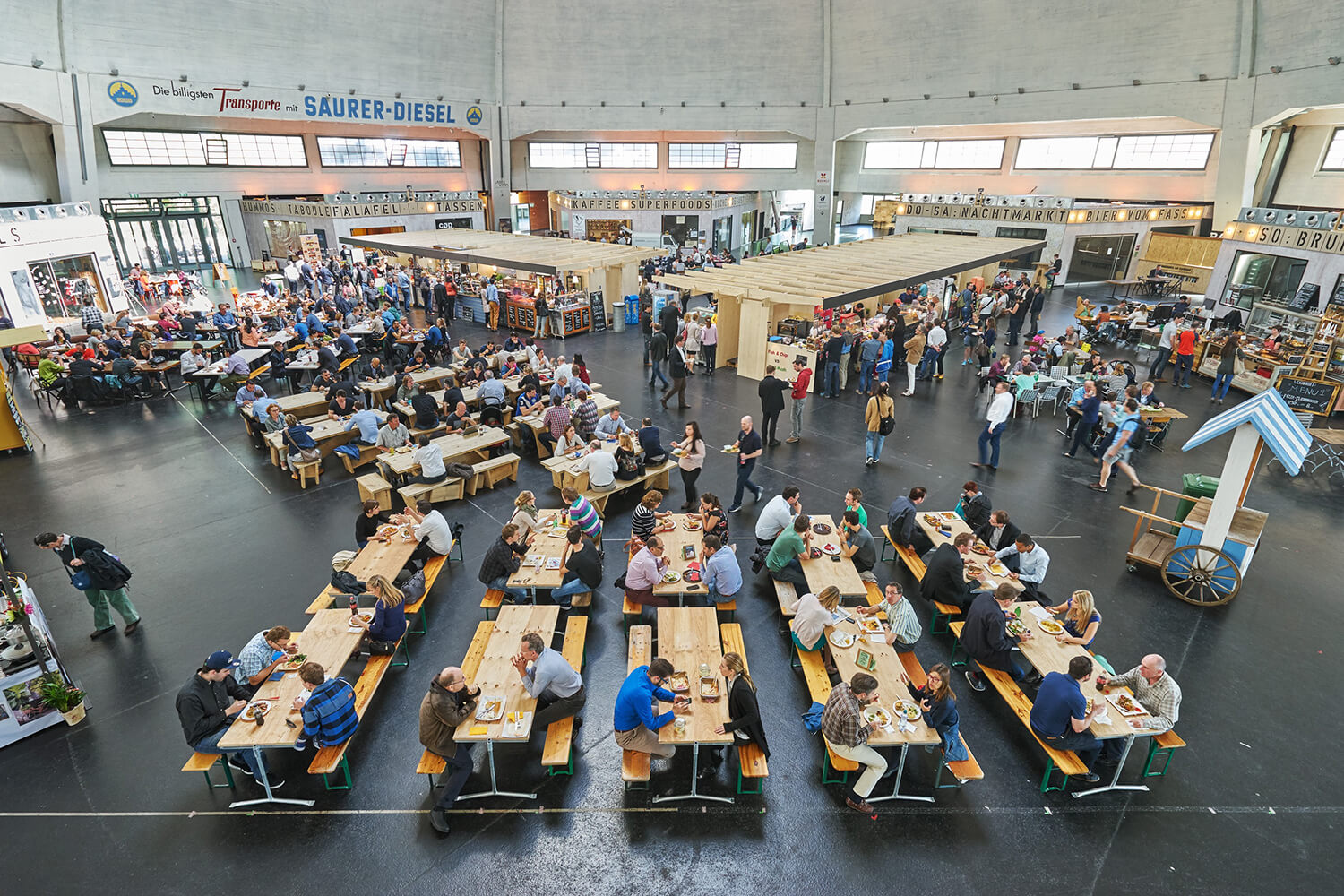
Photo: Alte Markthalle
10 minutes walk from the 'Kollegienhaus' Basel
KLARA, Clarastrasse 13, 4058 Basel
Photo: Nicolas Gysin
Manor Basel, Greifengasse 22, 4058 Basel
or one of the 'Buvettes' alongside the 'Kleinbasler Rheinufer'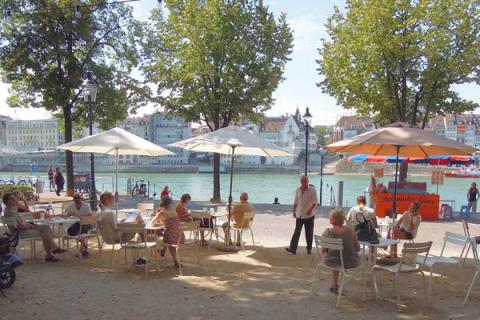
More restaurants can be found here: https://sci.fo/4s4
WLAN-access seminar rooms
And this is how it works:
1. Be sure you are in one of the covered areas
2. Open your laptop and connect to the WLAN unibas-visitor
3. Start your browser
4. You will be routed automatically to our welcome page
5. Press "Proceed here" and register your mobile telephone number
6. You will receive an access code via SMS free of charge
7. Enter your access code on the welcome page
8. Press "Enter the Internet" and you will be immediately online
Conference Poster































































